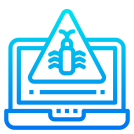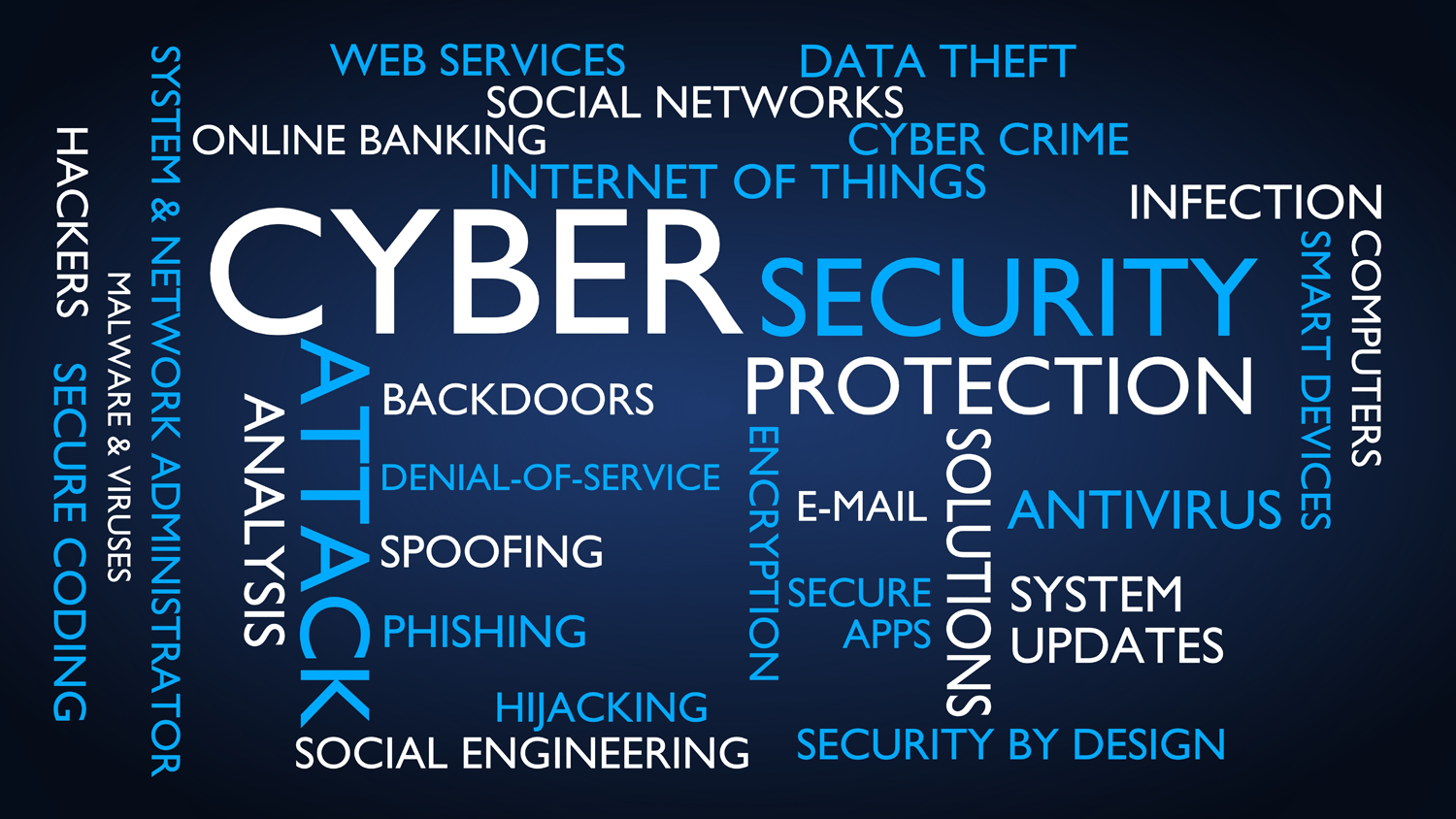FOR410 Mobile Device Forensics

Course Overview
FOR410 - Mobile Device Forensics provides an introduction to mobile devices and the value that they offer in forensic investigations. The class addresses the methods used to store data, as well as the areas of the mobile device where data is stored and how to access it. The class will also discuss mobile device removable media and the role it plays with the mobile device. Students will cover network technology as well as three tools specifically designed for mobile device acquisition. Upon completion of an extensive hands-on experience, the student will draft a comprehensive forensic report, ensuring all actions were documented and conducted in a forensically sound manner
Objectives
Provide students with an understanding of how mobile devices actually work and store data, and what data can be of forensic value, as well as how certain types of damage can determine what data can be acquired from the device
Target Audience
Professionals looking to broaden their cyber forensics skills or individuals that will begin working with mobile devices and acquiring data from them, as well as their removable components
Estimated Course Length: 24 hours
Day 1
Students will be introduced to mobile device hardware and architecture.
- Using faraday
- Preparing target media using dc3dd
- Acquiring a SIM card and saving to target media
- Creating a forensic image of removable media using dc3dd
Day 2
Students will learn about cell phone acquisition and exploitation and become familiar with various mobile device acquisition tools.
- Exifdata analysis
- Viewing data in hex editor
- Conducting forensic analysis on previously imaged media
Day 3
Students will learn the correct methods for forensic reporting and documentation.
- Device acquisitions following forensically sound methodologies
- Drafting of forensic report
Day 4
Students will review the results from the forensic reports that have been submitted and acquisitions completed. Students will also go through a review of the course material.
Students will utilize the knowledge and skills acquired throughout the course, in a hands on lab exercise
Course Overview
FOR410 - Mobile Device Forensics provides an introduction to mobile devices and the value that they offer in forensic investigations. The class addresses the methods used to store data, as well as the areas of the mobile device where data is stored and how to access it. The class will also discuss mobile device removable media and the role it plays with the mobile device. Students will cover network technology as well as three tools specifically designed for mobile device acquisition. Upon completion of an extensive hands-on experience, the student will draft a comprehensive forensic report, ensuring all actions were documented and conducted in a forensically sound manner
Objectives
Provide students with an understanding of how mobile devices actually work and store data, and what data can be of forensic value, as well as how certain types of damage can determine what data can be acquired from the device
Target Audience
Professionals looking to broaden their cyber forensics skills or individuals that will begin working with mobile devices and acquiring data from them, as well as their removable components
Estimated Course Length: 24 hours
Day 1
Students will be introduced to mobile device hardware and architecture.
- Using faraday
- Preparing target media using dc3dd
- Acquiring a SIM card and saving to target media
- Creating a forensic image of removable media using dc3dd
Day 2
Students will learn about cell phone acquisition and exploitation and become familiar with various mobile device acquisition tools.
- Exifdata analysis
- Viewing data in hex editor
- Conducting forensic analysis on previously imaged media
Day 3
Students will learn the correct methods for forensic reporting and documentation.
- Device acquisitions following forensically sound methodologies
- Drafting of forensic report
Day 4
Students will review the results from the forensic reports that have been submitted and acquisitions completed. Students will also go through a review of the course material.
Students will utilize the knowledge and skills acquired throughout the course, in a hands on lab exercise


















